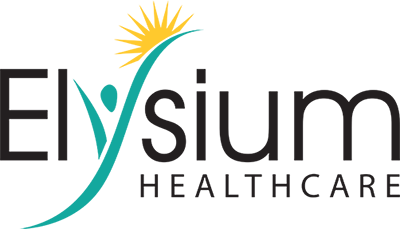
When a loved one is suffering from an addiction, it can be difficult to know what to do in order to help that person. For many individuals, the road to recovery begins with an intervention. An intervention can motivate the individual to seek professional help for their addiction as they see all the people who love them and how their addiction has impacted everyone they love.
With an intervention, you take an honest and direct approach to discuss the consequences of the person’s addiction and encourage them to seek professional care as a result. Although you can hold an intervention by yourself, some of the most effective interventions include a team of your loved one’s closest friends and family members.
Interventions often occur for individuals who suffer from prescription drug abuse, street drug abuse, alcoholism, compulsive eating, and compulsive gambling. Most any form of addiction can be approached from an intervention perspective.
The goal of the intervention is to encourage the addict to seek professional care regarding their addiction. This goal is often met by showing the individual how their addiction impacts those around them since many addicts do not realize the full consequences of their addiction. Through the structured intervention, addicts may get the opportunity to get the help they otherwise would not have received.
If a loved one is suffering from addiction, it’s a good idea to find intervention specialists in California. With drug interventions in California, your loved one could be on their way to receiving the help they need to begin their life of sober living. Read on to learn more about drug interventions in California.
What is an Intervention?
An intervention is a structured and carefully planned meeting in order to convince the addict to receive medical help for their addiction. Interventions are typically held by close friends and family members of the addicts, and they are done in consultation and direction by an intervention professional or interventionist. If the addict is religious, a representative from the religious organization may be in attendance as well.
Leading up to the intervention, the intervention team will work together to confront the addict about their addiction. The team will share the consequences of the addiction and ask the addict to receive treatment. During the intervention, team members should do the following:
- Plan everything out beforehand
- Have a treatment plan ready
- Provide specific details and examples of how the addiction has impacted them
- Explain what will happen if the addict refuses treatment after the intervention
Throughout the entire process, from the planning beginnings to the call to action, the interventionist will be present. The purpose of the interventionist is to keep things on track and to help the intervention be as effective as possible.
Still have questions? Request a callback or give us a call today.
- No Obligation When You Call
- JCAHO Accredited Facilities
- Expert and Caring Staff
- 5-Star Rated Programs
- Dual-Diagnosis Approach
Find the Best Program for YOU

What is an Intervention?
An intervention is a structured and carefully planned meeting in order to convince the addict to receive medical help for their addiction. Interventions are typically held by close friends and family members of the addicts, and they are done in consultation and direction by an intervention professional or interventionist. If the addict is religious, a representative from the religious organization may be in attendance as well.
Leading up to the intervention, the intervention team will work together to confront the addict about their addiction. The team will share the consequences of the addiction and ask the addict to receive treatment. During the intervention, team members should do the following:
- Plan everything out beforehand
- Have a treatment plan ready
- Provide specific details and examples of how the addiction has impacted them
- Explain what will happen if the addict refuses treatment after the intervention
Throughout the entire process, from the planning beginnings to the call to action, the interventionist will be present. The purpose of the interventionist is to keep things on track and to help the intervention be as effective as possible.


What Happens During an Intervention?
The work for the intervention begins before the actual intervention. The process begins with an extensive planning process. Close family members and friends of the individual will create a group for the intervention and consult a professional counselor, such as a psychologist, professional interventionist, or addiction professional. With the help of the interventionist, the intervention team will be established and gather information about potential treatment options.
Arguably, the most important part of the intervention planning is deciding on specific consequences and planning what each team member will say. It’s important that all team members are on board with the consequences and work together towards the common goal. Here, the intervention specialist will be incredibly helpful in determining the right consequences of refusal to accept treatment.
Once everything is planned out, you will set up a meeting with the addict. It’s important that the addict does not know what the meaning is about. Once they arrive, members of the intervention team will take turns expressing the consequences of the addiction, their feelings, and their presented treatment options. After every team member has had an opportunity to share, the addict will be asked to accept treatment on the spot.
Ideally, the individual will accept treatment at this time. Since the planning period involved investigating the specifics of the treatment plan, the individual’s treatment option should be ready to go at the time of the decision. Unfortunately, that does not happen in all cases. If the addict does not accept treatment, it’s important to follow through with the consequences you have presented during the intervention.

Begin Your Journey to Recovery
From the moment you contact us, we will help you find the treatment program that best fits your individual needs – whether that is one of our programs or not. We aim to help every single person in finding their own path to lasting, sustainable recovery from substance abuse.

What is an Intervention Specialist?
Poorly thought-out interventions can actually make your loved one’s situation worse. That’s why it’s imperative to contact an intervention specialist during the planning and face-to-face meeting. The intervention specialist will ensure that you are taking the right steps in order to have an effective intervention process.
Intervention specialists are those who are professionals in addiction. Intervention specialists can include an actual interventionist, a licensed drug or alcohol counselor, a psychologist, a psychiatrist, or a social worker. It’s important that whoever you select has specific training and experience in the addiction your loved one is struggling with.
The intervention specialist will help you plan out an intervention that is effective. It will help you come up with ideas and things to say, as well as an effective follow-up treatment plan. It’s a good idea to have the intervention specialist at the intervention as well to ensure everyone is safe and stays on track.
The good news is that there are many intervention specialists in California that can help your loved one have an effective intervention that encourages them to seek treatment.
How to Hold a Successful Intervention?
Holding a successful drug intervention is essential in giving your loved one the help they need. If your California drug intervention is not thought out, it could make matters worse. Here are some tips for drug interventions that work:
- Contact national organizations.
- Check your insurance to see what options you have.
- Work closely with an intervention specialist from start to finish.
- Bring the intervention specialist to the intervention.
- Gather the right people for the intervention team. Do not use anyone with problems of addiction or someone the addict does not respect or care for.
- Plan the intervention out extensively.
- Do not let the addict know that an intervention is going to take place.
- Only say what was planned with the intervention specialist during the intervention.
- Anticipate any rejections or confrontations from the addict.
- Respond to the addict with pre-planned responses. Do not just react to the addict’s statements or accusations.
- Do not threaten any consequences that you are not willing to follow through on.
- Have the treatment plan researched, planned, and booked before the intervention.
- Require the addict to seek treatment immediately.
- Follow up to ensure that the addict actually receives the treatment.

We Work With Most Major Insurance
Elysium Healthcare works with most insurance providers at our facilities. Our admissions team works around-the-clock to ensure that those that need help have the access to get it. Verify your benefits and one of our treatment consultants will get back to you with more information on how you can get started.
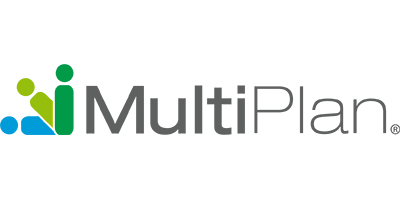

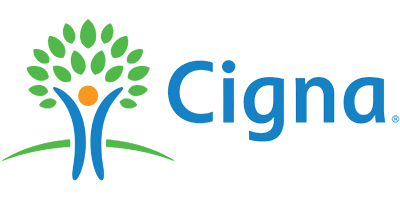

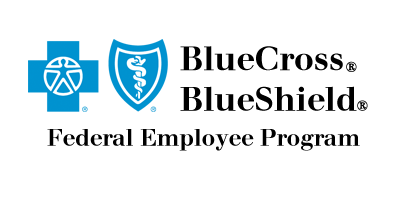

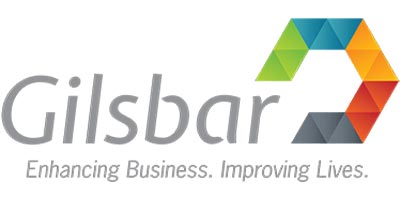

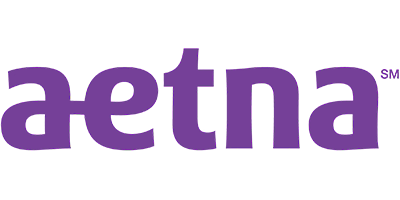



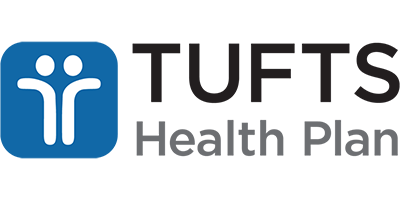
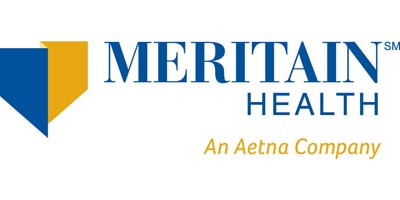




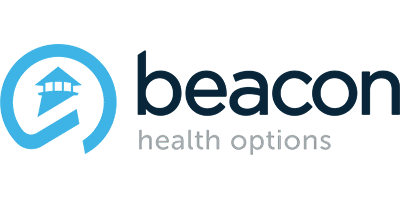













How to Find a Drug and Alcohol Interventionist in California
If your loved one is suffering from a severe drug or alcohol addiction, it may be time to hold a California drug intervention. Through drug interventions in California, addicts can be encouraged to seek the medical treatment they need for their addiction. To find intervention specialists in California, contact drug and alcohol rehab facilities for intervention help.
Elysium Healthcare is California’s premier provider of addiction and mental health treatment services. We can help your loved one begin their life of sobriety. Call us today at 844-462-8571 to learn more about our intervention offerings.
